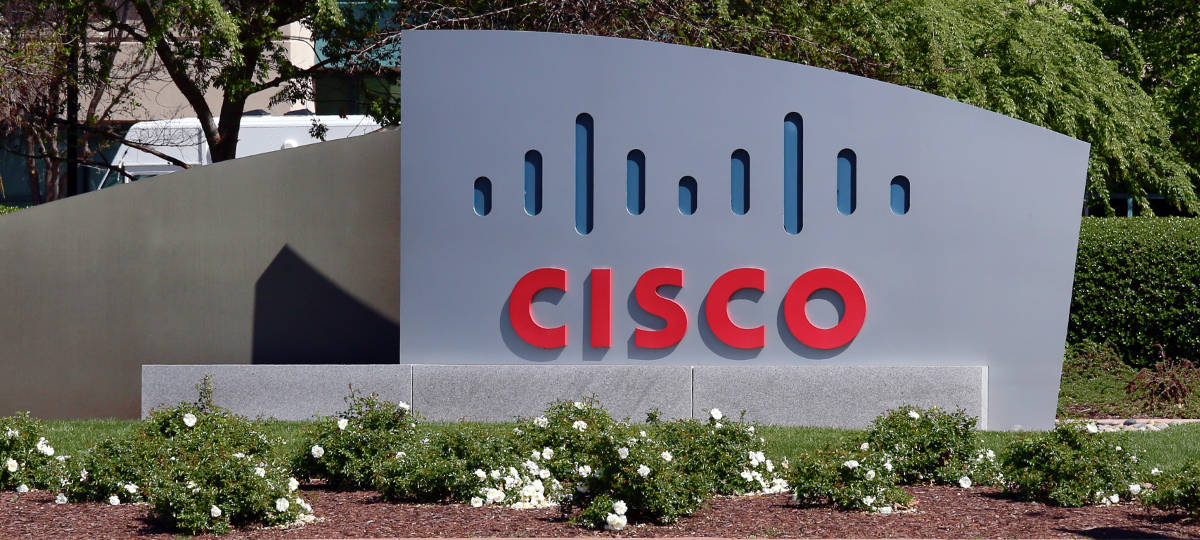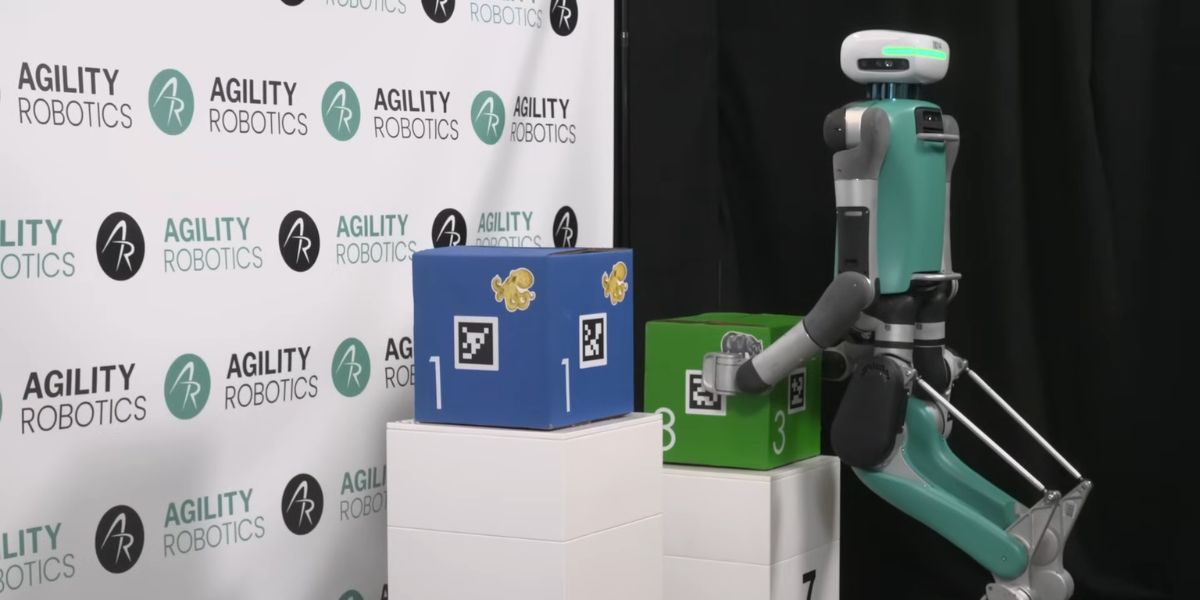The speed and cost characteristics of these traditional telecoms networks are expensive when seeking to connect to huge low cost sensors that often need real-time instance response that is the promise of the Internet of Things.
The initiative uses LoRaWAN™ a Low Power Wide Area Network (LPWAN) specification intended for wireless battery operated things in regional, national or global network. It is one a few competing standards such as SigFox that use a distributed low cost connected local network rather than the expensive Telecom masts and networks of the G mobile and data networks.
The much expected 5G network standard is the next level for massive network performance of Gigabyte bandwidth, very low latency ‘download a 4K movie in seconds’ type expectations and large volume sensor data traffic, but it is still several years away.
The important point is the LoRaWAN supports very low data rates ideal for collecting sensor data rates range from 0.3 kbps to 50 kbps. This is ideal for collection of the multitude of sensor data that can be attached to connected buildings, connected wearables, connected products, connected travel and many other yet to be dreamt of ideas that will enable new real-time immersive user experience.
South Korean Networks are serious in their investment of 100 Billion WON or 85 Billion US Dollars by the end of next year to build the infrastructure for this network capability.
It is a rush by many companies to be the first to establish a wide area standard for the Internet of Things at stake here. The goal of 5G has not gone away, but that recognition of a connecting smart city and smart services has taken another step forward.
By Mark Skilton, Professor of Practice at Warwick Business School















